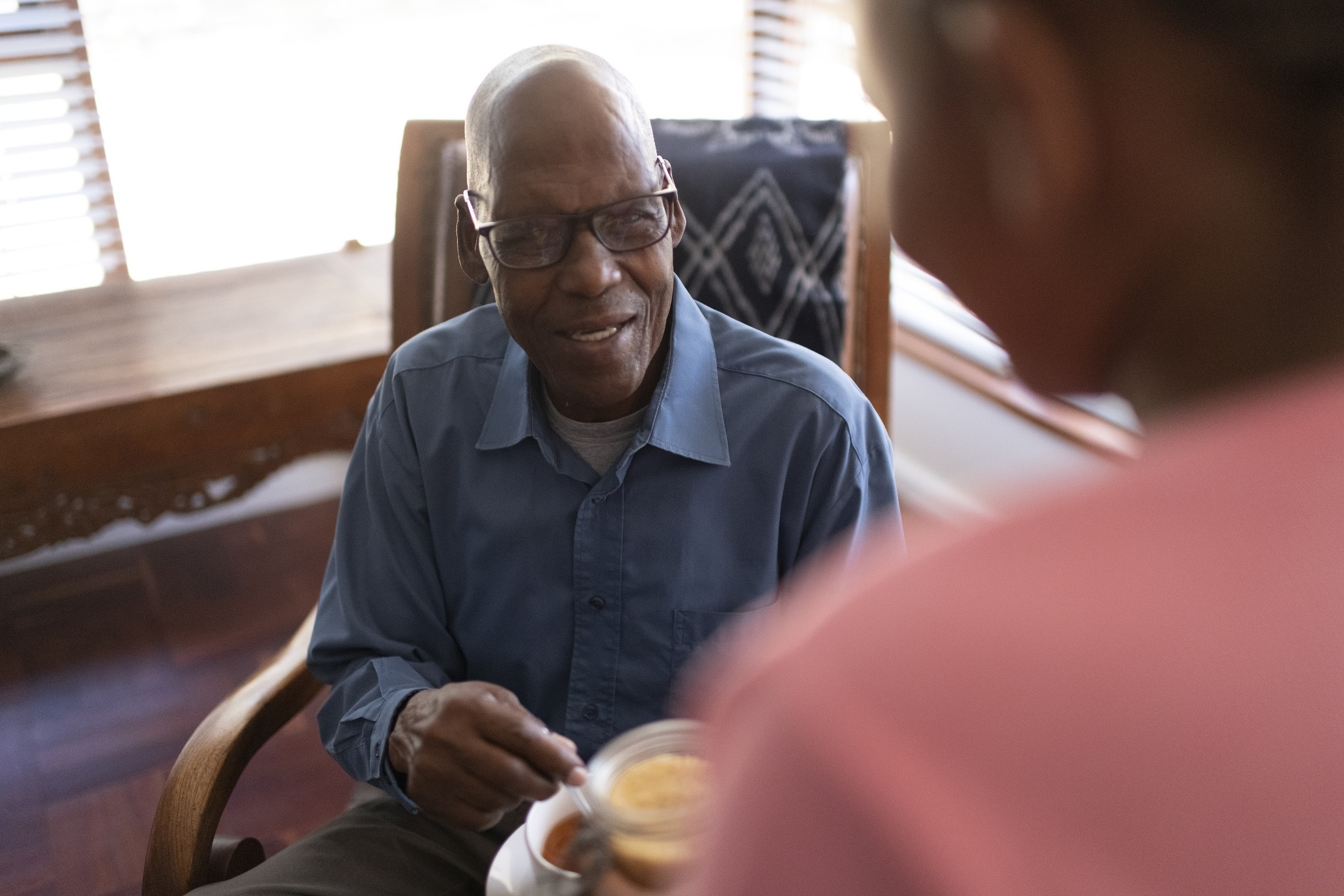(CHICAGO - March 23, 2022) CommonSpirit Health, one of the largest health systems in the U.S., is launching a new partnership with Pathways Community HUB Institute (PCHI), a national nonprofit that has developed an effective model to help communities work together to support their underserved populations. Through the creation of a robust infrastructure for community-based care coordination, the PCHI Model solves many of the challenges communities face in their efforts to improve the health of people who are struggling, and it complements CommonSpirit’s other health equity initiatives.
As the coronavirus pandemic has exposed and amplified inequities throughout the country—particularly for people of color—CommonSpirit is looking to help communities create sustainable systems for health equity and resilience.
“One of the reasons why we’re excited to work with PCHI is that they have well-researched standard Pathways that people can follow with the help of community health workers, which are the foundation of their sustainable model,” said Ji Im, senior director of community and population health for CommonSpirit. “Community health workers who share a lived experience, culture, and background with the people they serve have been especially effective at overcoming barriers to care,” she said. “The barriers to health are complicated and overcoming them often involves many agencies and organizations in the community. But navigating all of that can be overwhelming. In our experience with this work over the past decades, we’ve learned that in order to help people access the care and services they need, we have to meet them where they are and tailor support according to their particular circumstances.”
The Pathways Community HUB Institute outcome-based payment model brings together everyone involved in community health–hospitals, clinics, health plans, community-based organizations, community health workers, and others–to identify individuals with modifiable risk factors–medical, social, behavioral–and connect them to services, track outcomes and contract with payers that directly tie payment back to those outcomes.
With this Model, local community health workers engage with families to connect them to social and medical services to remove barriers to health. Barriers to health, or risk factors, are translated into 21 standardized Pathways. Each Pathway represents the steps needed to remove the barrier or risk, which can include lack of housing or employment or inadequate access to certain medical and behavioral health services. A Pathway is completed when the risk factor has been removed.
Because the work is tracked electronically and outcomes are standardized, these Pathways measure success at overcoming risks and helping people receive what they need. This information can also help communities understand what is and isn’t working so improvements can be made. As research shows that Black women are more likely to deliver a baby preterm or with a low birth weight, due in part to social and economic barriers, the model may help close outcome gaps for these high risk mothers and their children. In an early pilot in Ohio, the model demonstrated that high-risk mothers without PCHI intervention were 1.55 times more likely to deliver a baby needing special care.
CommonSpirit’s partnership with PCHI is an extension of its existing use of community health workers to help patients manage the many and varied risks and overcome barriers. For example, an HIV patient was treated for pneumonia at a CommonSpirit hospital, where staff discovered that it had been years since the patient had seen an HIV specialist or taken medication. Hospital staff introduced the patient to a community health worker, who gained his trust and was able to help him get back on medication, find a primary care doctor, secure advice and support from a nutritionist, and line up a range of counseling services for medication adherence and other self care. Using the PCHI model, the community health worker continues to partner with the patient for ongoing health improvement.
CommonSpirit is initially bringing this Model to six communities that it serves in Arizona, California, Nebraska, Nevada, Texas, and Washington. While CommonSpirit is initiating and co-funding the effort, a neutral organization will oversee each of the Pathways Community HUBs (PCHs) and convene other funders.
The PCHI Model aligns with CommonSpirit’s Connected Community Network (CCN) approach, which shifts power from large systems to community partners through shared governance. CCNs connect a network of providers and community-based organizations with a referral system and technology platform. Similar to CCNs, the PCHI Model is built on a “community initiated network” concept led by a neutral convening organization, and includes a sustainable funding mechanism: funding partners and payers collectively pay for the outcomes community health workers achieve to benefit their communities.
“When communities build the organized, non-duplicative infrastructure to help people who are most at-risk, it can be transformative, but it takes more than one organization or agency to make this happen,” said Sarah Redding, MD, MPH, founder of the Pathways Community HUB Institute. “It takes commitment, trust, and more than a little humility from everyone invested in improving health. CommonSpirit is a good partner in this work because they’re willing to get the ball rolling and bring others into the process while enabling the community to govern the PCHs.”
The process for convening other funders and partners is under way in each community, and CommonSpirit expects the pilot PCHs to begin services this winter.
